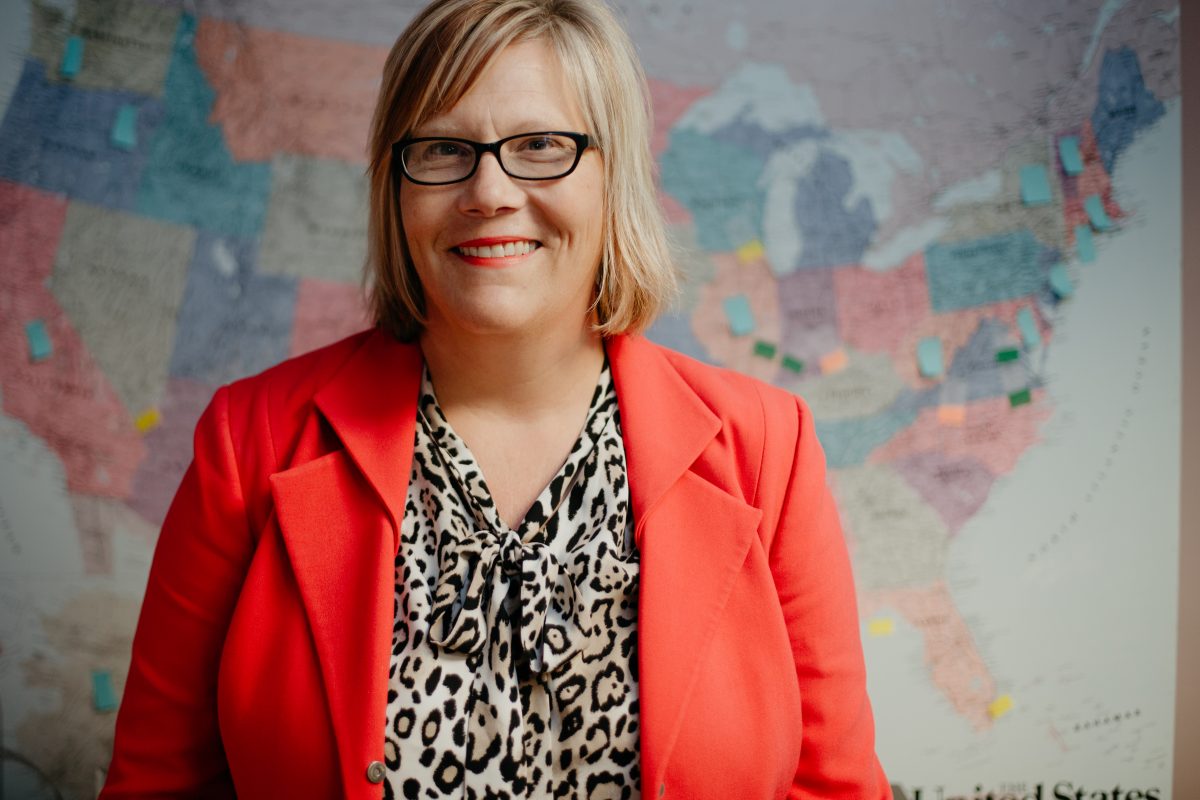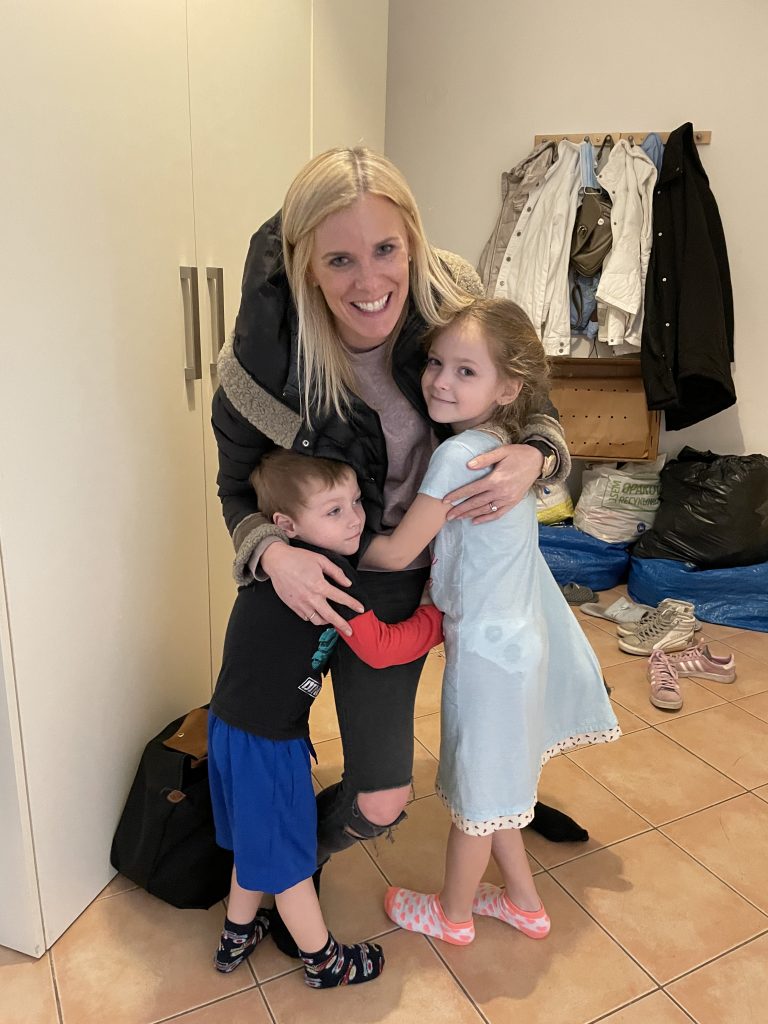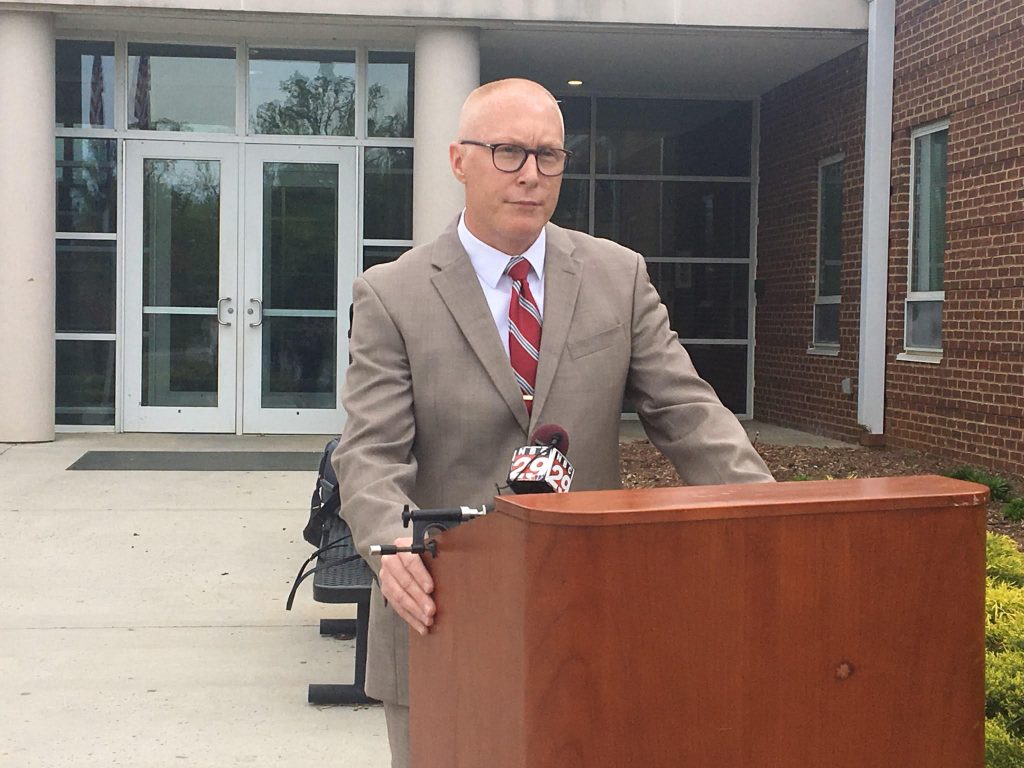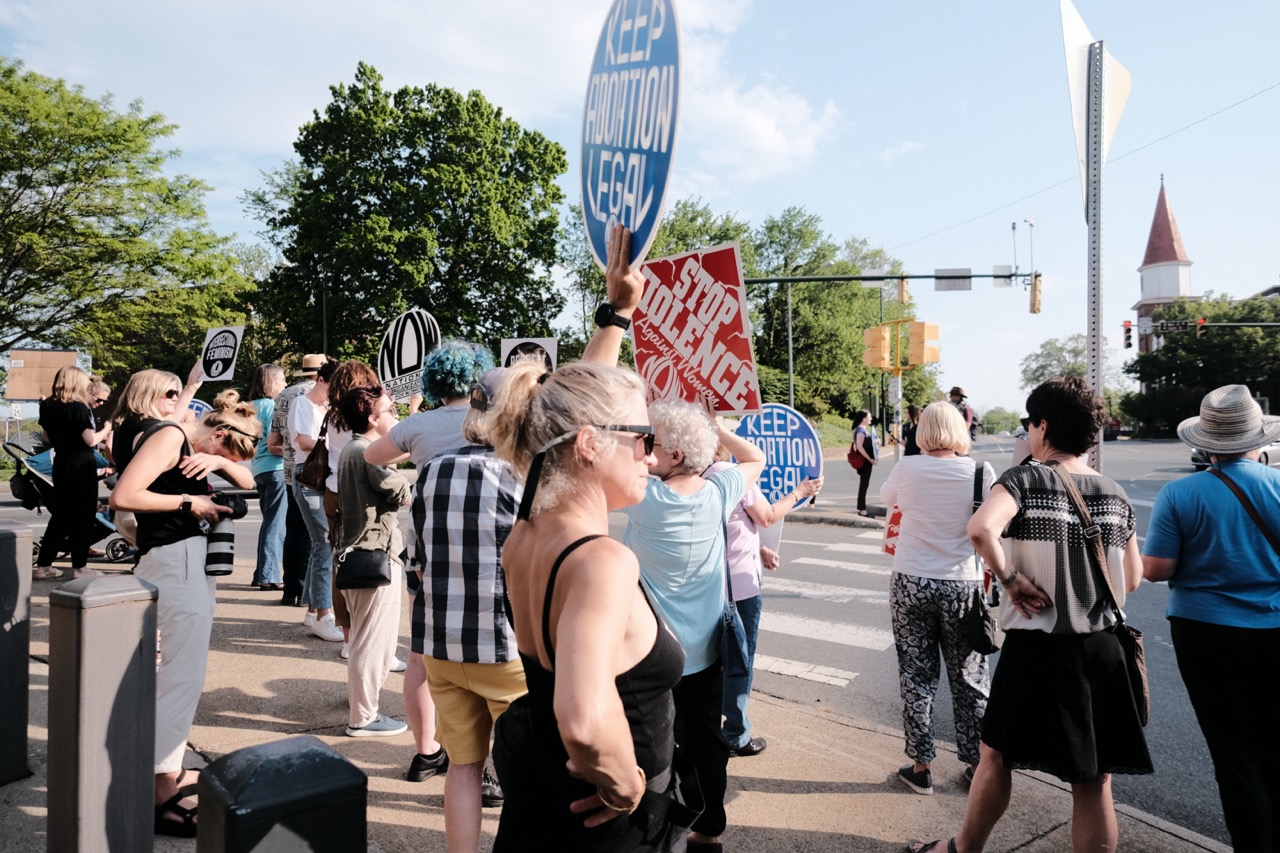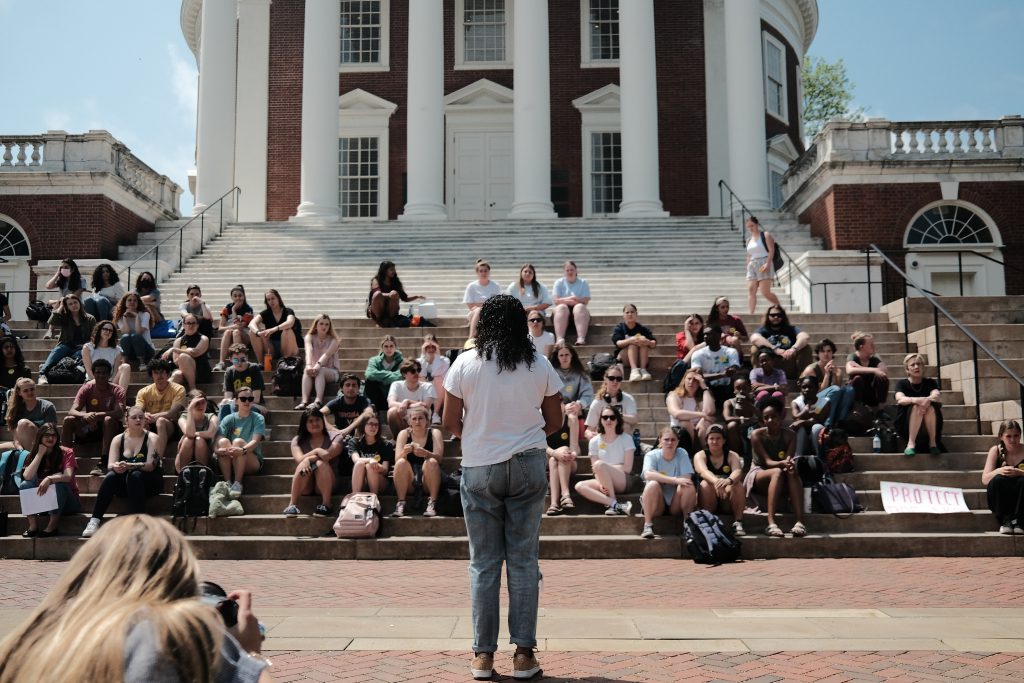Two years after the Dobbs decision that overturned Roe v. Wade, abortion in Virginia remains protected up to 26 weeks and six days into pregnancy (with some exceptions for maternal health). In Charlottesville, organizations are working to uphold and expand existing protections around reproductive healthcare in the commonwealth and across the country.
Despite stringent restrictions in bordering states—including near-total abortion bans in Kentucky, Tennessee, and West Virginia—patients in Charlottesville can obtain an abortion through clinics like Whole Woman’s Health and Planned Parenthood.
For the last two years, Whole Woman’s Health Alliance, the nonprofit arm of WWH, has been working to protect abortion access post-Dobbs both in the states it directly operates in and nationwide. The organization introduced litigation in Charlottesville last year to protect access to mifepristone, a drug commonly used for medication abortion in the United States since 2000.
The WWHA suit against the FDA is ongoing, but the Supreme Court affirmed on June 13 that access to mifepristone would remain unchanged. Recent rulings, including the mifepristone case and the June 27 SCOTUS decision to reinstate a lower court ruling allowing doctors to provide emergency abortion care, are good signs for the pro-choice movement, but they don’t protect against future efforts to restrict abortion access.
“We were encouraged by the Supreme Court’s two rulings in this session, although I think they had the opportunity to rule even stronger than they did,” says Amy Hagstrom Miller, President and CEO of WWH and WWHA. “I think we’re going to see more restrictions to come.”
Post-Dobbs, WWH has seen a surge in the number of out-of-state patients at Virginia clinics, a trend which has only accelerated in the last year. Virginia is the last remaining state in the South to not pass heavily restrictive abortion laws, making it a key sanctuary for people in neighboring states.
As of May 2024, about 30 percent of patients seen at WWH clinics in Virginia are from outside the commonwealth.
Since a six-week abortion ban went into effect in Florida on May 1, Hagstrom Miller says the number of patients seen from the Sunshine State at the Alexandria clinic has increased by 600 percent. While the total number of actual patients is relatively small, approximately 60, the dramatic trend demonstrates the cascading effects abortion bans in other states have on local reproductive care.
“Florida was serving as a destination for people from Alabama, Louisiana, Mississippi, Texas, [and] other places that had banned abortion,” says Hagstrom Miller. “It’s a pretty deep challenge for the care infrastructure to lose a place like Florida.”
To support the growing number of out-of-state patients traveling to Virginia for abortion care, WWH is opening a new clinic in Petersburg this July. With the opening of the new clinic—chosen for its convenient location along I-95—WWH will operate three clinics in Virginia.
Beyond brick and mortar clinics, WWH is also providing abortion care in the commonwealth through telemedicine and the mail.
“We are very committed to never having longer than a week wait for an appointment, and we’ve been able to uphold that even as people are traveling in from other places,” says Hagstrom Miller. “Abortion is completely accessible, and people can still get access to the medication abortion that they choose in Virginia and and in all the states where abortion is still protected.”
“You can get a safe abortion legally in Virginia, no matter if you’re from Virginia or you’re from another state that has banned abortion,” she says. “You can travel for abortion and it’s well within your rights to get a safe and legal abortion with us in Virginia.”
With Democrats holding control of the state legislature, Virginia is unlikely to pass any abortion restrictions in the near future. Still, conservative, pro-life Republicans remain active in Virginia, including Charlottesville-area Rep. Bob Good.
Immediately following the SCOTUS decision affirming access to emergency abortion care on June 27, Good introduced legislation that would make it “a federal crime for a licensed medical professional who accepts federal funds to perform or prescribe an abortion at any point after fertilization.”
“Thankfully, the Dobbs decision did overturn Roe, finding there is not a Constitutional right to abortion, and returning the regulation of abortion to the people’s representatives,” said Good in a press release. “In a post-Roe America, Congress must legislate to protect life. It is our duty to follow the science that life begins at conception and end abortion so that every American has the chance to live.”
With the exception of Good, Charlottesville-area legislators broadly support abortion access.
